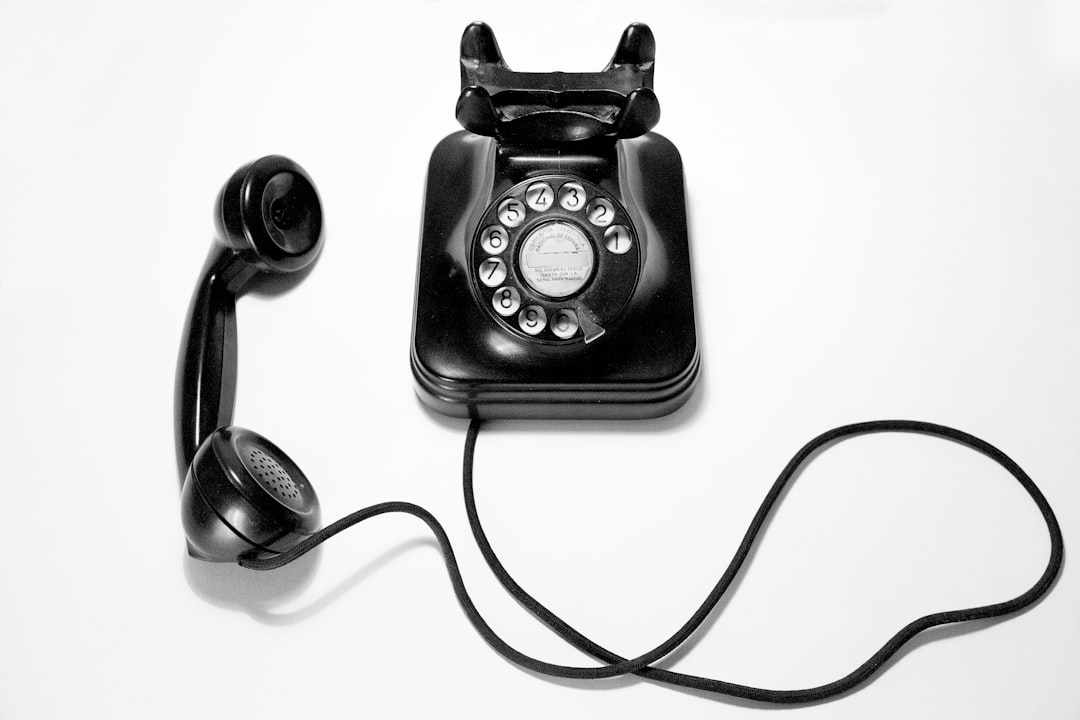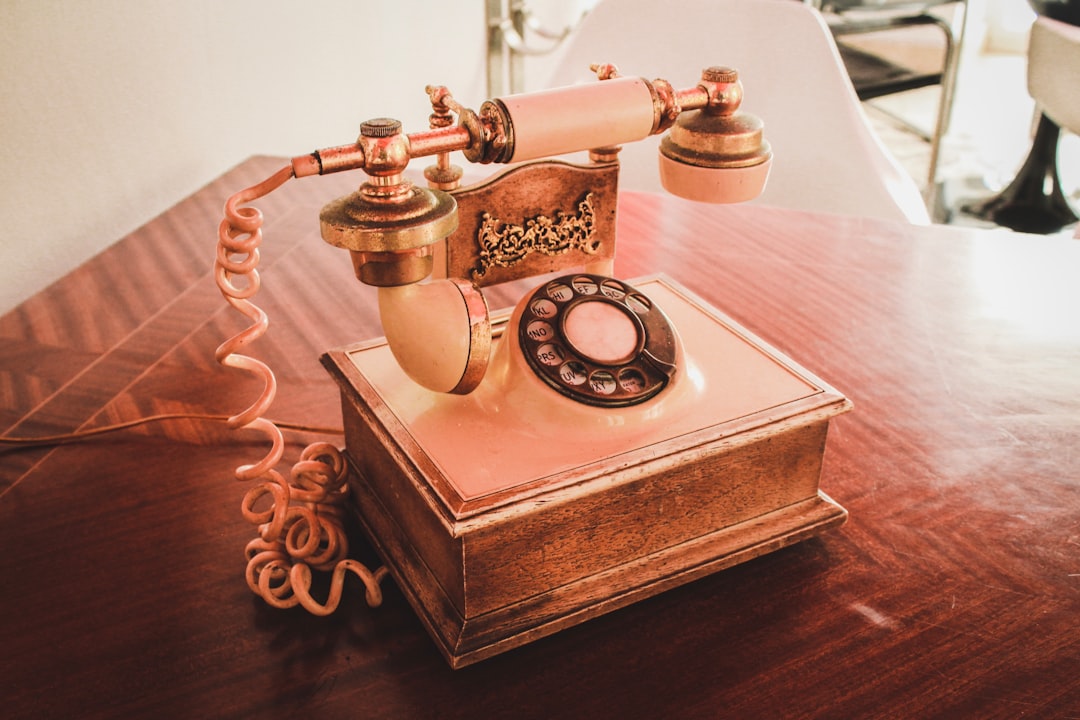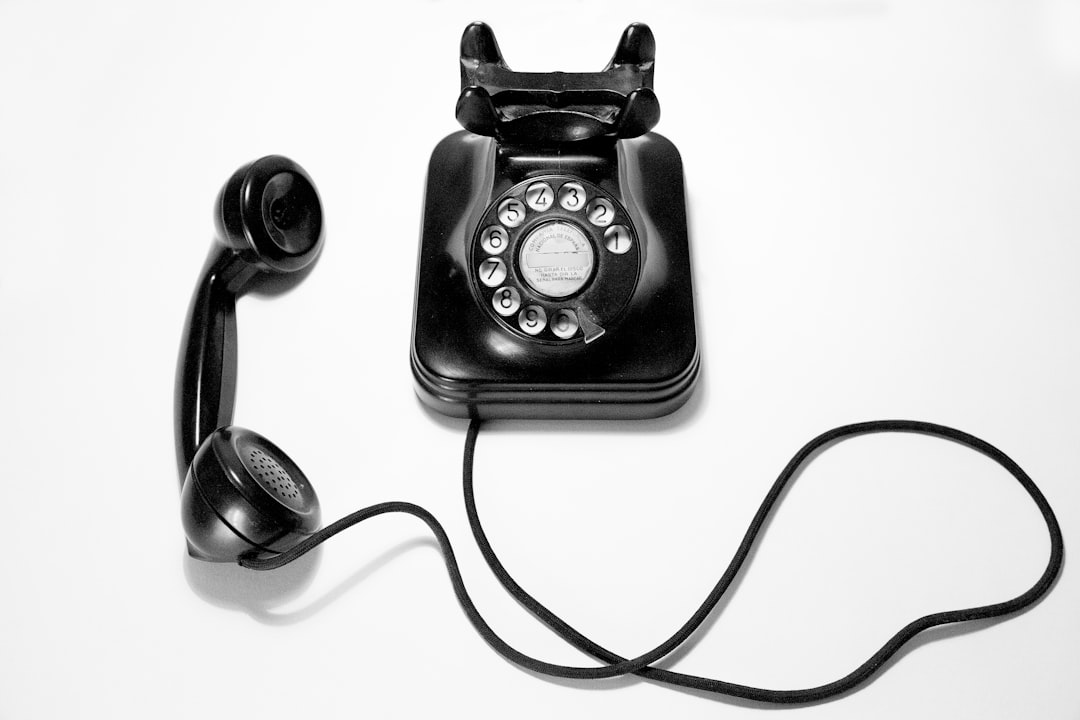In Louisiana, the Fair Debt Collection Practices Act (FDCPA) protects consumers from aggressive debt collection tactics, including unwanted robocalls. If you've received repeated or illegal robocalls, document the calls and consult a lawyer specializing in FDCPA litigation to understand your rights and potential legal action, such as suing for damages under the FDCPA.
“Navigating the complex landscape of consumer protection, this article delves into the intersection of the Fair Debt Collection Practices Act (FDCPA) and robocalls in New Orleans, a growing concern for residents. With an increasing number of unsolicited automated calls, Louisiana folks are left questioning their rights. The FDCPA was designed to curb abusive debt collection practices, but what happens when it comes to high-tech harassers? Understanding your legal options is crucial, especially if you’re considering taking action against robocallers under the Can I Sue For Robocalls Louisiana?”
Understanding the Fair Debt Collection Practices Act (FDCPA)

The Fair Debt Collection Practices Act (FDCPA) is a federal law designed to protect consumers from aggressive or unfair debt collection practices. It sets clear guidelines for how debt collectors can interact with individuals, including restrictions on when and how they can contact them. Under the FDCPA, robocalls—pre-recorded or artificial voice messages—are only permitted under specific circumstances. If a debt collector uses robocalls to harass, oppress, or abuse you, it could violate the act.
In Louisiana, as in many other states, individuals have rights when it comes to dealing with debt collectors and unwanted phone calls, including robocalls. If you believe you’ve been targeted by illegal robocall campaigns, you may have grounds to take legal action. The FDCPA allows consumers to sue for damages if they can prove that a debt collector engaged in improper collection practices, which could include repeated or unnecessary robocalls. Consulting with an attorney specializing in consumer rights and FDCPA litigation is a crucial step to understand your Can I Sue For Robocalls Louisiana options and protect yourself from such harassment.
Robocalls in New Orleans: A Growing Concern

Robocalls have become a growing concern in New Orleans, with many residents receiving unsolicited automated phone calls promoting various products and services. These calls, often referred to as “robocalls,” are pre-recorded messages that can be extremely annoying and intrusive. While some robocalls offer legitimate marketing opportunities for businesses, others fall into the category of debt collection practices, which have raised significant legal issues in Louisiana.
In New Orleans and across Louisiana, the Fair Debt Collection Practices Act (FDCPA) plays a crucial role in regulating debt collectors’ behavior. According to the FDCPA, debt collectors cannot use abusive, unfair, or deceptive methods when attempting to collect a debt. This includes making harassing phone calls, using false or misleading statements, and violating a consumer’s privacy rights. If you believe you have been subjected to illegal robocalls or debt collection practices, you may have grounds to take legal action under the FDCPA, including suing for damages in Louisiana courts, provided that the calls were made without your prior consent or in violation of your rights under the law.
Can You Take Legal Action Against Robocallers in Louisiana?

In Louisiana, residents have legal protections against unfair or harassing debt collection practices, including robocalls. The Fair Debt Collection Practices Act (FDCPA) prohibits debt collectors from using abusive, false, or misleading means to collect a debt. If you believe you’ve been the target of illegal robocalls in Louisiana, you may have grounds to take legal action.
If a collector continues to make harassing calls after being asked to stop, or uses false or deceptive tactics, affected individuals can file a complaint with the Federal Trade Commission (FTC) and seek damages through litigation. It’s important to document all interactions with the robocallers, including date, time, and content of the calls, as these details can be crucial in supporting your case. There are lawyers specializing in FDCPA violations who can guide you on whether pursuing legal action is the best course of action based on your specific circumstances.






